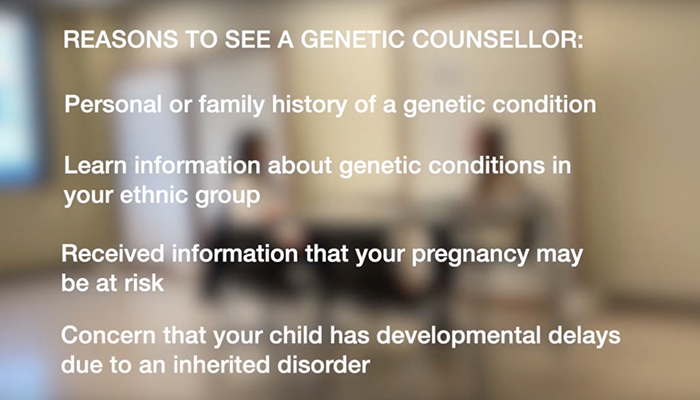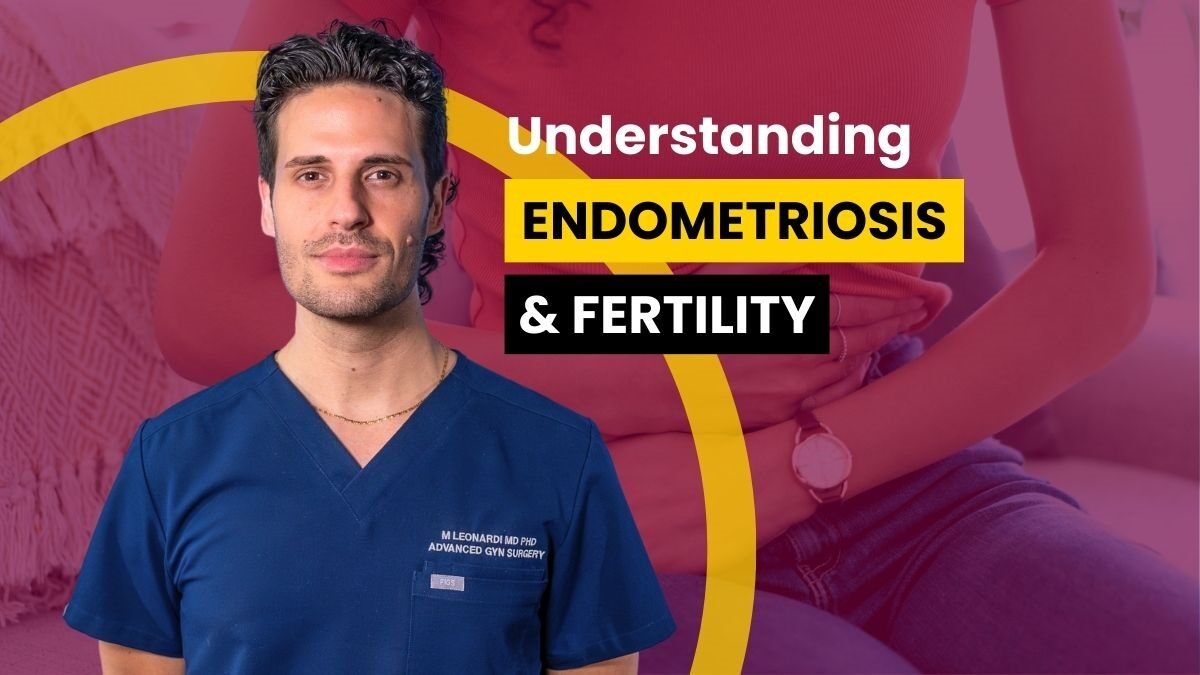What to expect at a genetic counselling appointment

Informs patients about what to expect when consulting a genetic counsellor and how to prepare for an appointment.
Genetic testing can be used to provide diagnoses and inform family-planning and decision-making. The uses of genetic testing are only increasing and with it, so are services requiring the translation of this genetic information to the patient. This is where genetic counsellors come in. A genetic counsellor is a healthcare professional who provides information and resources to patients about genetic conditions, tests related to those conditions, and facilitates genetic testing. As many patients are seeing a genetics specialist for the first time, this video provides patients with an idea about what to expect when going to see a genetic counsellor and how best to prepare for an appointment. As part of research for this video, students made personal observations while shadowing genetic counselling appointments.
[Please complete our feedback form]
Demystifying Medicine, Education, Genetics



